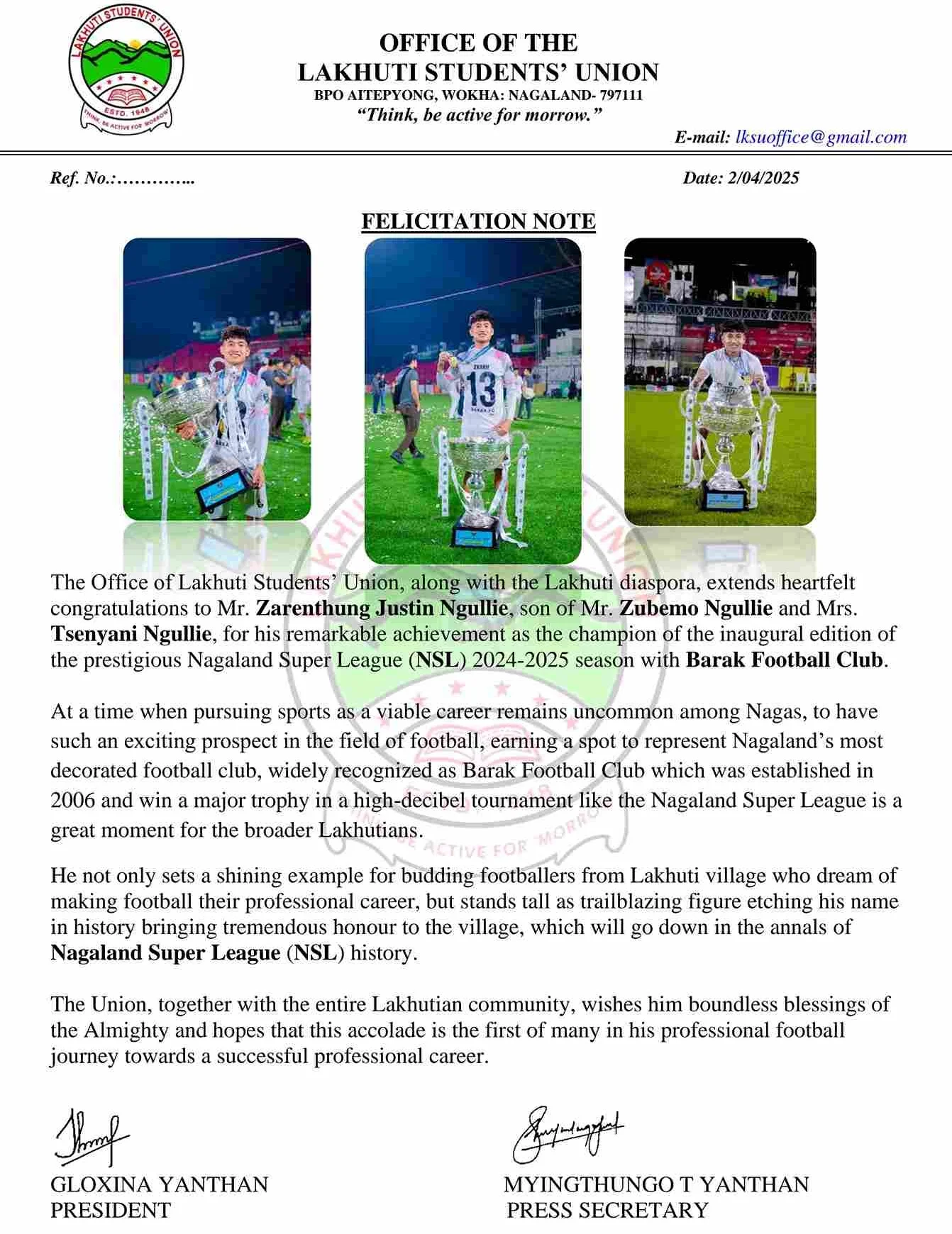Now Reading: Crisis at Indian-Myanmar border sparks concerns over Indigenous Rights: a call for action at 16th session of UN EMRIP
-
01
Crisis at Indian-Myanmar border sparks concerns over Indigenous Rights: a call for action at 16th session of UN EMRIP
Crisis at Indian-Myanmar border sparks concerns over Indigenous Rights: a call for action at 16th session of UN EMRIP

During the 16th session of the UN Expert Mechanism on the Rights of Indigenous Peoples (EMRIP) being held at Geneva, Switzerland from July 17-21, Guangchunliu Gangmei of the Asia Indigenous Peoples Pact (AIPP) delivered a joint statement on Agenda Item 9, highlighting the urgent need to address the deepening crisis on the borders of India and Myanmar. The presentation shed light on the escalating conflict and its impact on the indigenous communities residing in Northeast India.
Guangchunliu Gangmei expressed her appreciation for the efforts of the UN Permanent Forum on Indigenous Issues (UNPFII), the Special Rapporteur on the Rights of Indigenous Peoples, and the UN Voluntary Fund for Indigenous Peoples in facilitating indigenous participation at the United Nations. However, she underscored the need for immediate attention to the following concerns:
Deepening Crisis on the Indian-Myanmar Border: Northeast India is home to over 200 indigenous peoples who have endured militarized regimes since the post-colonial era. The ongoing conflict in Myanmar, coupled with the expansion of economic regimes in India, has created new arenas of disputes among indigenous communities in the region.
Emergence of Conflict Zones: The situation has led to the emergence of conflict zones, such as the state of Manipur, where armed confrontations have arisen over land, resources, and rights. Indigenous communities find themselves pitted against each other in a competition for indigeneity claims, exacerbating tensions and perpetuating violence.
Must read | Widespread protest and condemnation pours in from valley over Lucy Marem’s brutal murder
Census and Suspicions: Guangchunliu Gangmei highlighted the lack of a nationwide census in India since 2011, which has contributed to growing suspicions in the region. Instead, the focus has been on initiatives like the national register of citizens, which encodes biometric data and has disenfranchised vulnerable minorities. These measures seek to create new indigenous citizenships without ensuring equal political representation, welfare distribution, and development, leading to further divisions and conflicts.
Peace Agreements and Unresolved Contradictions: Despite the signing of several peace agreements in the Northeast, these efforts have failed to address the root contradictions raised by indigenous peoples through their movements. The agreements have resulted in the creation of new borders without effectively resolving the underlying issues faced by indigenous communities.
Also read | Take Help From Assam Police To Arrest Kingpins Of Illegal Coal Mining: Meghalaya HC
In light of these pressing concerns, Guangchunliu Gangmei called upon EMRIP to urge the Indian government to employ Articles 40 and 42 of the United Nations Declaration on the Rights of Indigenous Peoples (UNDRIP) to guide ongoing conflict investigations. Additionally, she emphasized the importance of utilizing Articles 30 and 36 to foster robust political agreements in the region, ensuring the protection of indigenous rights.
The presentation shed light on the critical situation faced by indigenous communities at the Indian-Myanmar border and emphasized the need for immediate action to safeguard their rights. As the 16th session of EMRIP continues, the international community is urged to address these concerns and work towards resolving the conflicts, protecting indigenous peoples’ rights, and promoting sustainable peace in the region.
Also read | Manipur Tribals Forum Delhi calls on Guv Anusuiya Uikey
















Wilson Gangmei
FYI, the suffix “liu” in a Rongmei’s name means a female…Guangchunliu Gangmei is a lady and not a he!